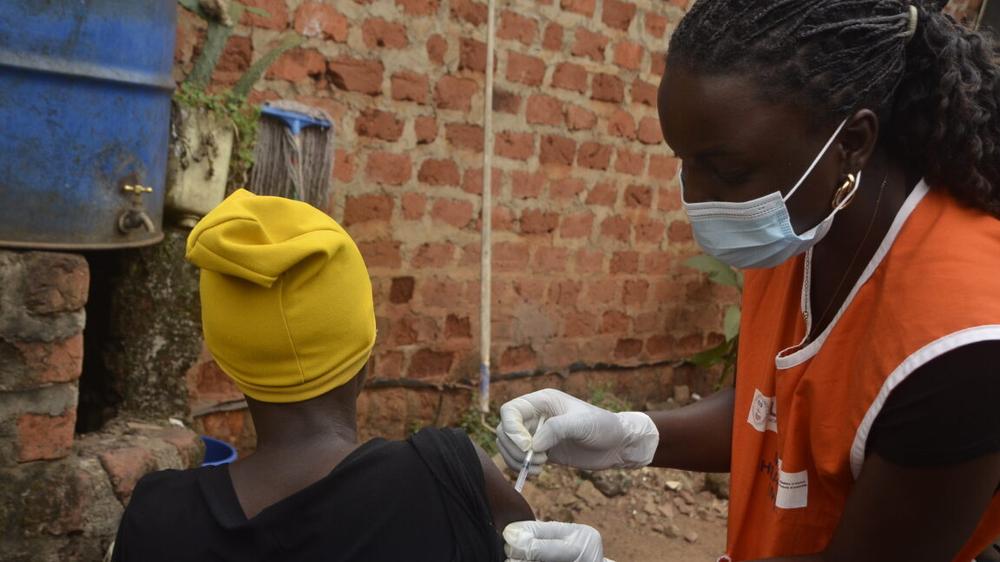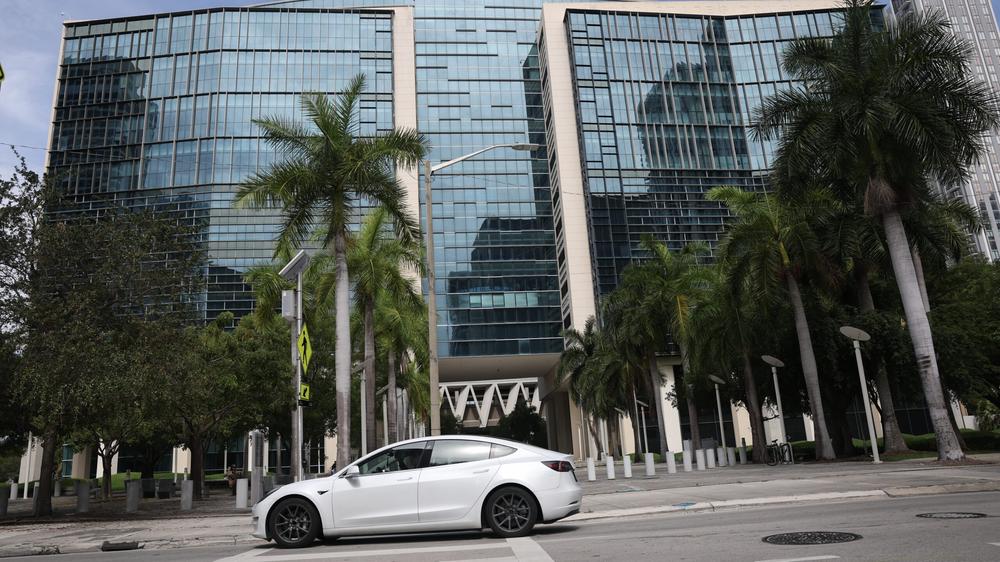Nearly 800,000 doses of mpox vaccine pledged to African countries working to stamp out devastating outbreaks are headed for the waste bin because they weren't shipped in time, according to reporting by Politico.
The nearly 800,000 doses were part of a donation promised under the Biden administration, which was meant to deliver more than 1 million doses. Overall, the US, the European Union, and Japan pledged to collectively provide 5 million doses to nearly a dozen African countries. The US has only sent 91,000 doses so far, and only 220,000 currently still have enough shelf life to make it. The rest are expiring within six months, making them ineligible for shipping.
"For a vaccine to be shipped to a country, we need a minimum of six months before expiration to ensure that the vaccine can arrive in good condition and also allow the country to implement the vaccination," Yap Boum, an Africa CDC deputy incident manager, told Politico.
Politico linked the vaccines' lack of timely shipment to the Trump administration's brutal cuts to foreign aid programs as well as the annihilation of the US Agency for International Development (USAID), which administered those aid programs.
A study published last month in The Lancet, estimated that funding and support from the USAID saved the lives of nearly 92 million people in 133 countries between 2001 and 2021, including the lives of over 30 million children under the age of 5. The study projected that the Trump administration's cuts will cost over 14 million lives by 2030—including 4.5 million children under age 5—unless the cuts are reversed.
The loss of mpox vaccines may help contribute to those figures. Politico notes that African countries have reported nearly 160,000 suspected mpox cases since the beginning of an outbreak last year, with some 46,000 confirmed. Nearly 1,900 people are suspected to have died of the infection.
Countries in Africa have been battling mpox for years. The viral infection causes a disease less severe than its eradicated relative, smallpox, but is still marked by a painful rash and flu-like symptoms. The World Health Organization declared the spread of mpox a public health emergency of international concern (PHEIC) in July 2022 and then again in August 2024. Last month, the WHO determined that the mpox situation continues to meet the criteria of a PHEIC and many countries in Africa continue to have sustained transmission.

 Uh Oh! Living Vicariously Through Friend’s Budding Romance Not Fun Anymore
Uh Oh! Living Vicariously Through Friend’s Budding Romance Not Fun Anymore